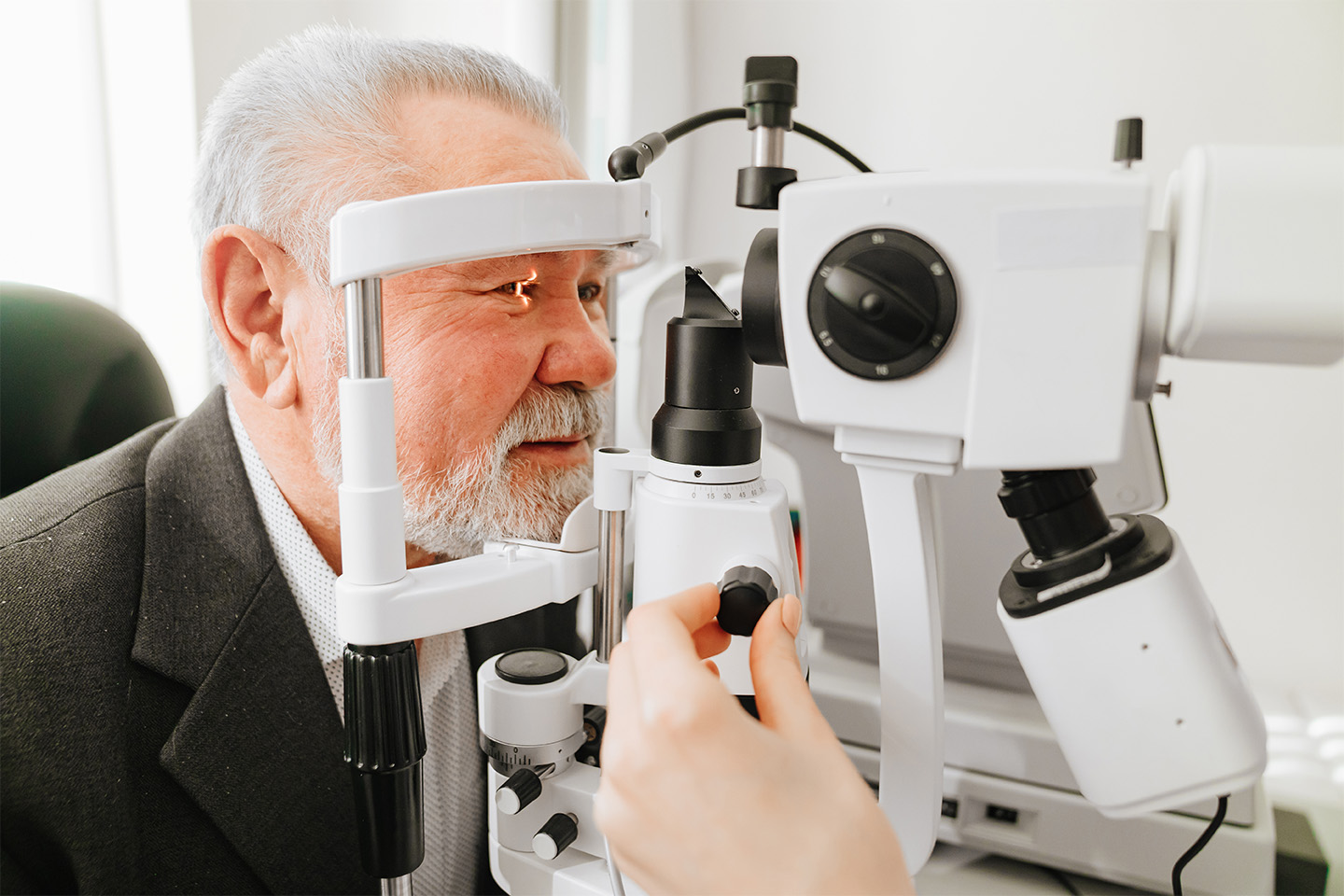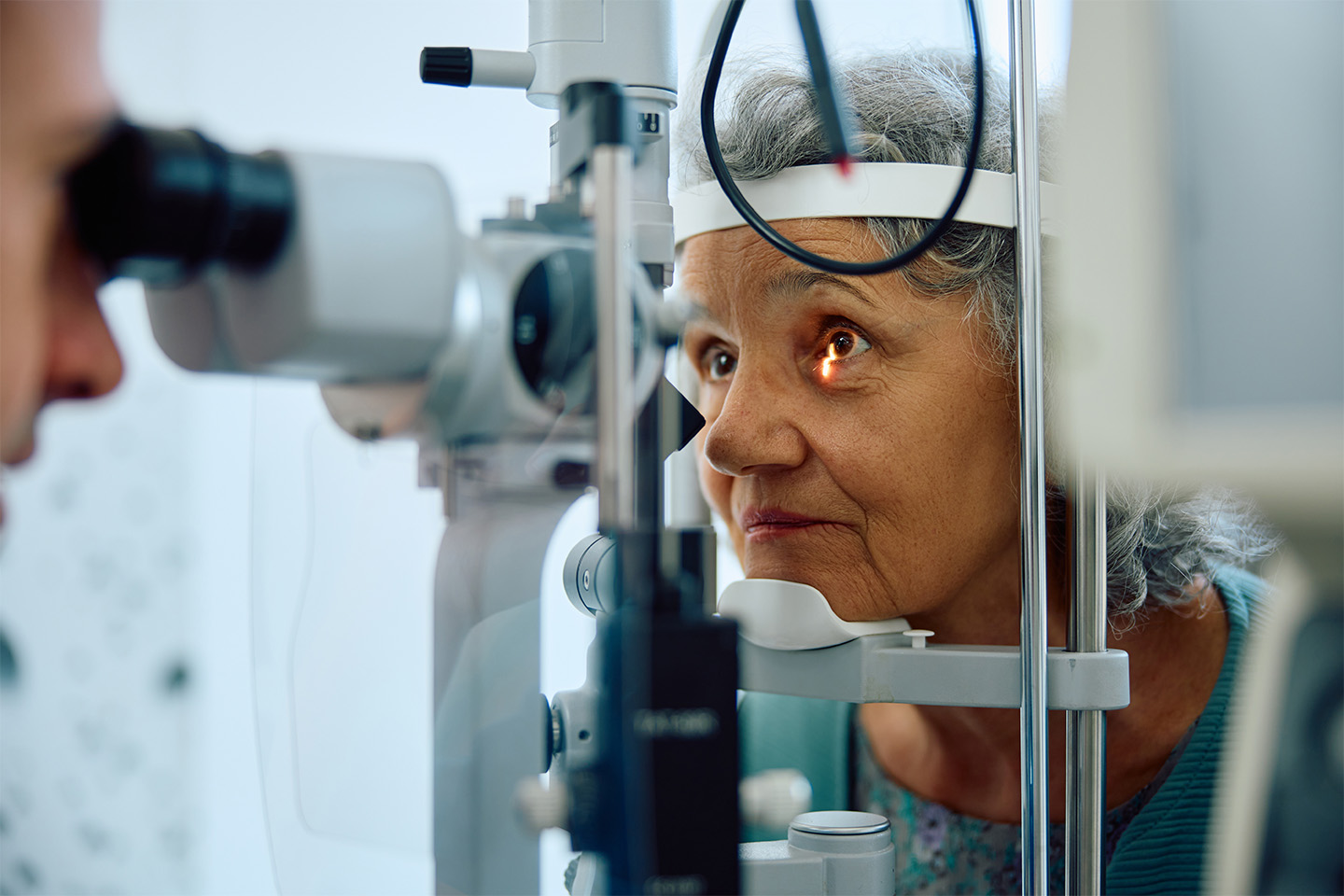7 Things Not to Do After Your Cataract Procedure

Although cataract recovery is fairly quick and straightforward, you should avoid these seven activities for optimal healing.
Recovering from a cataract procedure is relatively easy and stress-free. In many cases, patients can even return to work the day after the surgery. However, in the days and weeks following a cataract procedure, your eyes are more vulnerable, and your surgeon will likely ask you to make a few simple adjustments to protect your vision.
During the recovery process, following these seven tips will help ensure that you and your eyes stay safe:
1. Don’t Drive
Your cataract surgery will require anesthesia, so you should expect to have a friend or family member drive you home afterward. You’ll need to remain in someone’s care, so you won’t be able to take a cab home, either. Even if you experience improved vision right away, you shouldn’t drive for 24 hours following the surgery. In fact, it’s best if you don’t drive until your doctor gives you the go-ahead at a follow-up appointment. Not everyone’s eyes recover at the same rate, so it’s best to stay on the safe side.
2. Avoid Strenuous Activity
After cataract surgery, patients are typically able to return to normal activities by the next day. However, that does not include intense physical activities, like hard exercise and heavy lifting. Walking or light aerobic exercise, like doing the elliptical, should be fine, but the key is to take it easy for a week or two. With modern cataract procedures, bending over briefly is fine, but do not remain inverted.
3. Don’t Skip Prescriptions
After your surgery, the doctor will typically prescribe eye drops and antibiotics to prevent infection and control eye pressure. If this is the case, be sure to take these medications as your doctor orders. Your doctor will also ask you to wear an eye patch or protective shield, both while you’re awake and while you sleep, to prevent accidental touching or bumping of the eyes. The night shield should be worn for about two weeks after the procedure.
4. Don’t Expose Your Eye to Dust
After the surgery, you should stay away from dust and grime, and avoid wind that could blow dirt into your eyes. These particles could impair healing or cause you to rub your eyes. If dust is an allergen, it could also cause inflammation or sneezing, which are both counterproductive for the healing process. To prevent this situation, you may want to have your house vacuumed and cleaned before the surgery. If you are prone to other allergies, try to limit your exposure for at least a week.
5. Don’t Rub Your Eyes
Eye rubbing is never a good idea, since the bacteria and viruses on your hands can transfer to your eyes and cause infections, which can lead to vision loss. After cataract surgery, it’s especially important to avoid rubbing your eyes, as it may cause an abrasion on the cornea, or damage the surgical wound. To be safe, you should avoid roughly touching the eye for up to six months following the surgery.
6. Don’t Swim
It’s best to avoid swimming for at least a week, and up to a month after surgery. Pools, hot tubs, and even saunas are full of viruses that can easily infect the eye during the healing process. Doctors’ advice about showering at home may vary, but to be safe you should consider waiting about four days to wash your hair, and be careful not to get water or soap in your eyes for about two weeks. Similarly, do not “wash out” your eye if it feels irritated.
7. Don’t Wear Makeup
Anyone who typically wears eye makeup or mascara should stop for about two weeks after your surgery, and possibly up to a month depending on your doctor’s advice. Particles of eye makeup can easily flake into your eye, increasing your risk of infection. When you do start wearing makeup again, consider buying new makeup and cleaning your brushes to avoid bacteria. In addition, continue to be gentle as you clean makeup from around the eye.
Choosing Eye Health
Although this list may seem inconvenient, in most cases the lifestyle changes will last only a week or two, while the benefits of cataract surgery are permanent. If you are used to seeing through cataracts, you will be amazed at the difference in sharpness and color.
If you would like to talk to a doctor about cataract procedure recovery, or if you’re considering this life-changing surgery, reach out to the doctors at Kleiman Evangelista Eye Centers of Texas. Our experienced surgeons can help you figure out your options and decide if a cataract procedure is right for you.
Turn To The Top Eye Doctors In Texas
Check out one of our locations below for the best eye care near you:









